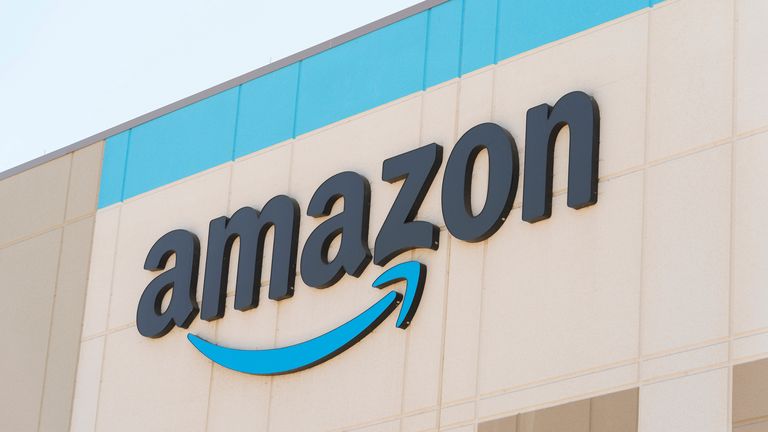Amazon tells staff to get back to office five days a week
3 min read

Amazon has announced that it will require all corporate employees to return to the office full-time, ending its hybrid work policy. This shift will be implemented starting in January, according to a memo from CEO Andy Jassy.
Jassy explained that the decision to reinstate full-time office work aims to enhance collaboration, innovation, and connectivity among employees. He emphasized that being in the office daily will better position staff to “invent, collaborate, and be connected” in a way that remote work cannot facilitate.
Historically, Jassy has been skeptical about remote work, and under his leadership, Amazon had previously allowed employees to work from home up to two days a week. This latest mandate, however, reflects a significant policy change for Amazon, which employs over 1.5 million people worldwide in various capacities.
The move to end the hybrid work model has sparked controversy within the company. Last year, employees at Amazon’s Seattle headquarters protested against the reduction of remote work options. The situation escalated when Amazon dismissed the protest organizer, leading to accusations of unfair retaliation. This dispute has since been addressed by labor officials.
In his memo, Jassy expressed concerns that flexible work arrangements and an increasing number of bureaucratic layers were diluting Amazon’s corporate culture, which had been characterized by the intensity of a start-up mentality. To address these issues, Jassy mentioned the creation of a “bureaucracy mailbox” for staff to report unnecessary rules and indicated that managers would be reorganized to oversee larger teams. Amazon has also warned that these organizational changes might result in job cuts.
The policy change includes the end of hot-desking in the US, though this practice will continue in most European locations. Employees will still have the option to work from home under exceptional circumstances, such as dealing with a sick child or home emergencies, similar to pre-pandemic policies. However, Jassy stressed that, barring special exemptions, employees are expected to be in the office regularly.
This approach diverges sharply from the UK government’s stance on flexible work. The UK government plans to introduce a new employment rights bill next month, which will make flexible working a default right from the outset of employment. Business Secretary Jonathan Reynolds has criticized the “culture of presenteeism” and highlighted the economic advantages of remote work, suggesting that flexible arrangements could broaden recruitment opportunities.
During the pandemic, remote work saw a significant surge, but many companies began recalling staff to the office in 2022. As of this summer, around 12% of full-time employees in the US were working remotely, with another 27% following hybrid policies, according to a survey by economists Jose Maria Barrero, Nicholas Bloom, and Steven J Davis.
While figures like JP Morgan’s Jamie Dimon have been vocal about their opposition to remote work and have demanded a return to full-time office attendance, this sentiment is also evident in other industries. Companies like UPS and Dell have also required employees to return to the office full-time this year.
In his memo, Jassy claimed that Amazon’s experience with hybrid work reinforced the company’s belief in the benefits of in-person work. However, Professor Nicholas Bloom from Stanford University suggests that the shift back to full-time office work may not signify a broader trend. Bloom’s research indicates that time spent in the office has remained relatively stable over the past year. He noted that while some high-profile companies are ending remote work, others are expanding it, though these developments often do not receive as much media attention.
As Amazon transitions to a full-time office model, the broader implications for workplace flexibility and employee preferences will continue to unfold.